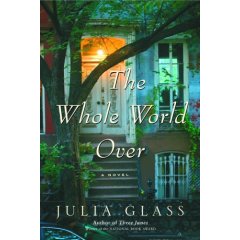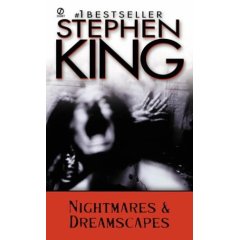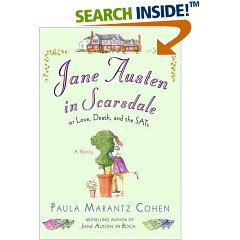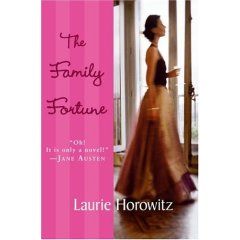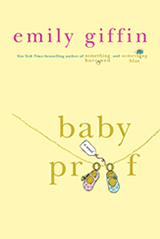
I was prepared to like this bit of chick lit even before I got past the 2nd chapter. (That's my cutoff point for deciding whether I should soldier on or give up. I've mentioned in my nextdoor blog that I used to be an equal-opportunity reader and an in-for-a-penny-in-for-a-pound reader. Having Teo and NOT having the same amount of time I used to be able to devote to reading changed that. In these new times I figure a writer had better have you hooked by the second chapter or else he or she just isn't worth the bother. And if I've been disappointed or unimpressed by one book, I probably won't pick up another by the same author. My exceptions to this rule include Stephen King and John Irving. I'd read anything they write to the bitter end, no matter how badly I hate it. With the exception of Setting Free the Bears. Love John Irving but I cannot, cannot get beyond the 4th page of that book.)
Not because I was a big fan of Emily Griffin's first 2 books. I've read Something Blue, and I liked it fine, but not enough to want to ever read again. (And it's not like I'm stingy with that compliment--there well could be 100 books that I'm hoping to read again before I die, most of which I've probably already read at least 5 times.) I loved the premise described on the book jacket--what happens when an otherwise happy couple is thrown for a loop by a very bad case of "I changed my mind"?
I loved this book because I imagine that I am a lot like Claudia. I wouldn't go so far as to say that I've never wanted children (she claims that when she and her sisters played house as children, she was always the loving, generous, childless aunt). At one point in my life (OK, at least 2 points: when I was delusionally convinced I'd grow up to marry Simon le Bon, and very early in my relationship with Benjie) I thought I wanted 8 kids. But Benjie and I have been married almost 9 years. Until my drugstore pregnancy test results came back in late January 2005 we were convinced that we would have lives just as joyful and blessed as anyone else's if we chose to remain childless. And I have to admit there have been many days since Teo's birth that I have missed those carefree days with a passion.
Claudia and Ben meet, fall in love and marry. They are a truly well-matched pair, not least because they both don't want to have children. But a few years into marriage, Claudia is still the same girl--content with life with Ben--but Ben is hankering for a child.
This book is about dealbreakers, good choices, and bad choices within relationships. I loved the fact that Emily Griffin kept most of Claudia's relationships spinning simultaneously, with the complexity and authenticity that real-life women can empathize with and enjoy. You never get the sense that any other character Claudia interacts with is superficial or unreal. (In many a chick lit I've found that at least one important character becomes a caricature. Maybe it has to do with author decisions about plot, or brevity, or whatever. With Baby Proof you develop a sense that you've gotten to know the people in Claudia's life almost as well as if they were your family and friends and significant others.)
I loved that Claudia was a strong female character, someone who knew her mind and priorities, but wasn't afraid to look them over and wonder whether she'd made mistakes.
I loved that this book has a happy ending, if not necessarily the kind of happy ending you get used to looking for in chick lit.
